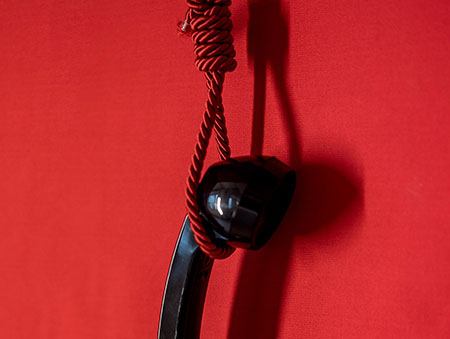Opioid addiction is a problem that has plagued the health care system can. It has claimed many lives over the years. Opioid addiction or any addiction to any drug should not be overlooked and should be considered a global issue. Overdose from illegal and poorly-regulated drugs has the potential to claim more lives if governments do not pay more attention to eliminating it.
If you know any person who is addicted to opioids or any other illegal drug, you should consider it your responsibility to let the authorities know so the person can get the help he/she needs. But who to call when someone is on drugs? Wherever you are, there are helplines that can with drug addiction.
Drug addiction is the inability to resist the urge to use drugs no matter how much harm the drugs are causing the body. Some people get addicted to nicotine and sleep and anti-anxiety medications. Other people get addicted to illegal drugs like heroin, cocaine, and meth. Even people on prescription opioids can get addicted. In fact, 2019 saw a huge increase in the number of deaths from drug overdose. The year 2018 saw 46,802 drug overdose deaths and this climbed to 49,860 the following year.
Now, it’s important to note that drug addicts are in a very dark and lonely place. They need help and support which was in short supply for 2020 and 2021 due to the COVID -19 pandemic. Many people struggle to cope with the addiction and without any help, the future for those who become dependent on drugs is bleak. When confronted about their addiction, many refuse to acknowledge or are unaware that they have a problem. They are mostly unwilling to accept any form of help or treatment from anybody.
Who Can Help?
You, Yes You!

You can help anyone who is struggling with drug addiction by giving them a lifeline. Put them in touch with support groups and medical professionals. Who can you call when someone is on drugs? Helplines! There are dedicated helplines that have been established to help addicts. Getting help, after all, is a core concept for opioid crisis solutions. These helplines are completely confidential and are available 24/7. When you call a typical helpline, they will refer you to local treatment facilities, community organizations, and support groups that can help.
One such helpline is SAMHSA’s (Substance Abuse and Mental Health Services Administration) national helpline, also known as the Treatment Referral Routing Service. It is available 24/7, 365 days a year. It provides referrals to community organizations, support groups, and local treatment facilities. In addition to all these, when you call the SAMHSA’s helpline, you can also order a free publication and any other information. You can reach the national helpline at 1-800-662-HELP (4357). You can also check out the SAMHSA website for more information.
Another way you can help is to provide the drug addict with a means of controlling their addiction. For those who are on opioid medications, you can afford them prescription medication bags with locks so they do not have immediate access to regulated opioids.
Support Groups
A support group does wonders for anyone dealing with any form of addiction. Support groups are effective because it involves people who have gone through the same ordeal. One of the most effective help you can offer an addict is to let him speak with someone who has had the same experience and can provide good and practical advice.
Medical Professionals
Addiction is now referred to as a disease and a medical disorder so medical professionals need to be involved. There is a treatment plan for drug addictions and medical professionals have been trained to deal with a struggling drug addict. One efficient way you can help a drug addict to overcome their addiction is to help them set up appointments with doctors and do proper follow-ups for them to ensure they make it there.
Final Words
Drug addicts can suffer from loneliness, depression and in many cases, a chronic illness especially for opioid addicts. They are caught between a rock and a hard place and they need help. That is why you should make it your responsibility to help a drug addict even if they don’t appear to want your help.
